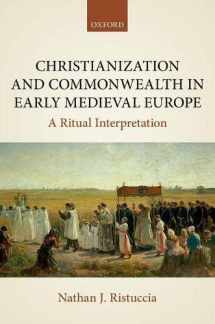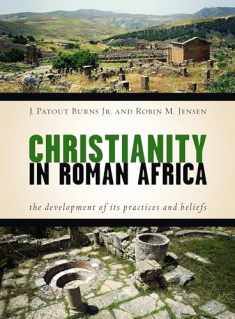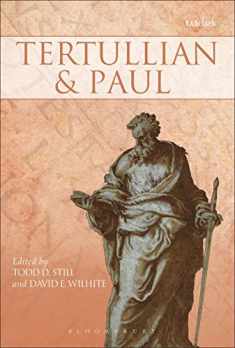
Christianization and Commonwealth in Early Medieval Europe: A Ritual Interpretation
Book details
Summary
Description
Christianization and Commonwealth in Early Medieval Europe re-examines the alterations in Western European life that followed widespread conversion to Christianity-the phenomena traditionally termed "Christianization". It refocuses scholarly paradigms for Christianization around the development of mandatory rituals. One prominent ritual, Rogationtide supplies an ideal case study demonstrating a new paradigm of "Christianization without religion." Christianization in the Middle Ages was not a slow process through which a Christian system of religious beliefs and practices replaced an earlier pagan system. In the Middle Ages, religion did not exist in the sense of a fixed system of belief bounded off from other spheres of life. Rather, Christianization was primarily ritual performance. Being a Christian meant joining a local church community.
After the fall of Rome, mandatory rituals such as Rogationtide arose to separate a Christian commonwealth from the pagans, heretics, and Jews outside it. A Latin West between the polis and the parish had its own institution-the Rogation procession-for organizing local communities. For medieval people, sectarian borders were often flexible and rituals served to demarcate these borders. Rogationtide is an ideal case study of this demarcation, because it was an emotionally powerful feast, which combined pageantry with doctrinal instruction, community formation, social ranking, devotional exercises, and bodily mortification. As a result, rival groups quarrelled over the holiday's meaning and procedure, sometimes violently, in order to reshape the local order and ban people and practices as non-Christian.


We would LOVE it if you could help us and other readers by reviewing the book
Book review





